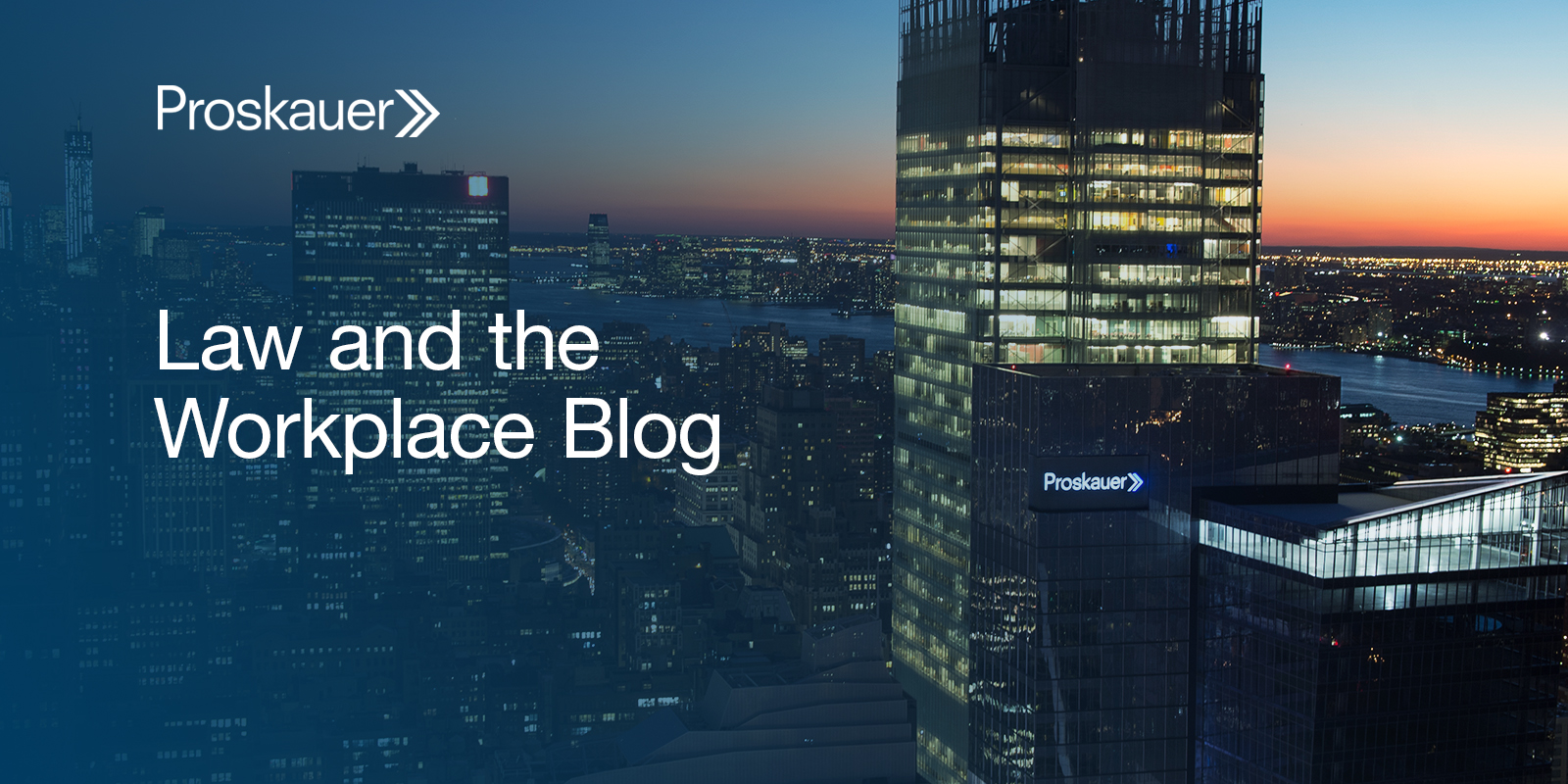Fifth Circuit Expands Universe of Title VII Actionable Adverse Employment Actions
On August 18, 2023, the U.S. Court of Appeals for the Fifth Circuit expanded the types of employment actions that may constitute “adverse employment action” under Title VII in Hamilton v. Dallas Cnty., 5th Cir. en banc. No. 21-10133, 8/18/23. Overruling its nearly 30-year precedent that actionable employment actions under Title VII must relate to “ultimate employment decisions,” the Fifth Circuit held that a plaintiff need only show that they were discriminated against with respect to hiring, firing, compensation, or the terms, conditions, or privileges of employment, even if such actions were not ultimate employment actions.
In Hamilton, nine female correctional officers sued the Dallas County Sheriff’s Department asserting that they were subjected to disparate treatment due to the County’s sex-based scheduling policy under which only male officers were given full weekends off. The County moved to dismiss, staking its argument on precedent from Dollis v. Rubin, in which the Fifth Circuit specified that an adverse employment action for Title VII discrimination must consist of “ultimate employment decisions,” such as hiring, granting leave, discharging, promoting, and compensating. The County argued that the Plaintiffs failed to show they suffered an adverse employment action because the County’s work scheduling policy did not affect the job duties, compensation, or benefits of the Plaintiffs. In granting the Court’s motion to dismiss, the U.S. District Court for the Northern District of Texas concluded that changes to an employee’s work schedule, such as the denial of weekends off, are not an ultimate employment decision. On initial appeal, a Fifth Circuit panel, relying on the Dollis precedent, affirmed; however, it urged the Fifth Circuit en banc to re-examine the “ultimate employment decision” requirement.
The Fifth Circuit en banc—reversing and remanding the district court’s decision in Hamilton and vacating its Dollis decision—held that a plaintiff plausibly alleges a disparate treatment claim under Title VII if she pleads discrimination in hiring, firing, compensation, or the terms, conditions, or privileges of her employment without any need to also show an “ultimate employment decision.” The Court keyed in on the statutory language of Title VII, noting that “nowhere does [the statute] say, explicitly or implicitly, that employment discrimination is lawful if limited to non-ultimate employment decisions.” Rather, the Court elaborated, Title VII prohibits discrimination in certain specified ultimate employment decisions (e.g., hiring, discharging, compensation), but it also makes it unlawful for an employer to otherwise discriminate against an employee with respect to the “terms, conditions, or privileges of employment.” The Court found that their “ultimate-employment-decision test ignores this key language.”
Considering this premise, the Court determined that the Plaintiffs sufficiently pled discrimination because a policy requiring female officers but not male officers to work weekends could constitute sex discrimination in the terms, conditions, or privileges of employment. On this point, the Fifth Circuit here reached a decision similar to that of the D.C. Circuit in Chambers v. D.C. The opinion in that case, which concerned a discriminatory job transfer, did, however, acknowledge that while other circuits have addressed a similar question concerning the necessary showing a plaintiff must make to plausibly allege discrimination regarding a job transfer, “those circuits…speak with discordant voices when it comes to the sort of harm that can support a claim…”
Ultimately, in coming to its conclusion, the Fifth Circuit left “for another day” the question of what “precise level of minimum workplace harm a plaintiff must allege” to constitute actionable discrimination. The Court’s open-ended decision thus produces one obvious implication: the Fifth Circuit can likely expect to see more cases involving debate over whether the kinds of actions that do not rise to the level of an “ultimate employment action” are nonetheless sufficient to trigger Title VII liability. The absence of a solid limiting principle invites plaintiffs to test the boundaries of the law in determinations over what workplace effects could be considered terms and conditions of employment. The Court, for its part, acknowledged that Title VII is not meant to be a general civility code used to police ordinary workplace interactions; however, it is yet to be determined exactly what guardrails the Fifth Circuit will ultimately set for the types of workplace conduct actionable under Title VII.






